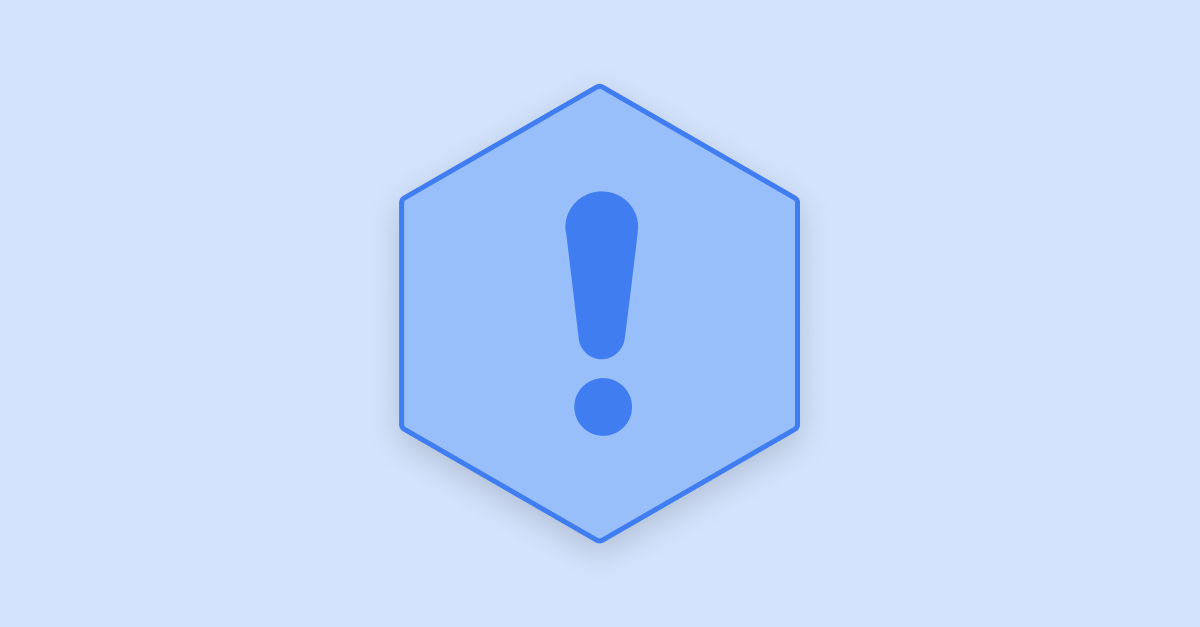Plugin Verifier and API Compatibility Maintenance: Livestream Recording & Key Takeaways
In a recent session, IntelliJ Platform Developer Advocate Róbert Novotný walked through the Plugin Verifier—one of the most important tools for maintaining plugin compatibility across JetBrains IDEs. The session focused on spotting breaking API changes, avoiding internal APIs, and verifying plugin behavior across IDE versions. If you couldn’t join us live, the full recording is […]

In a recent session, IntelliJ Platform Developer Advocate Róbert Novotný walked through the Plugin Verifier—one of the most important tools for maintaining plugin compatibility across JetBrains IDEs. The session focused on spotting breaking API changes, avoiding internal APIs, and verifying plugin behavior across IDE versions.
If you couldn’t join us live, the full recording is now available on JetBrains TV.
And if you prefer reading over watching, this blog post sums up the key takeaways from the session.
What is the IntelliJ Plugin Verifier?
The IntelliJ Plugin Verifier is a tool that ensures a plugin behaves correctly across JetBrains IDE versions. It checks for compatibility issues with the evolving IntelliJ Platform APIs, and validates that a plugin:
- Contains a complete and correct plugin descriptor (plugin.xml)
- Uses APIs that are available and compatible with target IDE versions
- Avoids deprecated, internal, or experimental APIs
JetBrains Marketplace relies on the Plugin Verifier to assess plugins upon upload, acting as a quality gate for all listed plugins.
Why Compatibility Matters
Publishing a plugin to JetBrains Marketplace is about more than just passing basic validation. End users expect plugins to work reliably, without errors or unexpected behavior. The Plugin Verifier helps plugin authors ensure their plugins will run smoothly across IDE versions, minimizing user disruption.
Typical Compatibility Challenges
The session covered several types of issues that the Plugin Verifier can detect:
- Deprecated APIs: These may work now but are scheduled for removal in future platform versions.
- Internal APIs: Not intended for external use, these may change without notice and break plugins.
- Experimental APIs: Unstable and subject to change, their use is discouraged.
- Override-only APIs: These should only be overridden, not invoked directly.
- Visibility changes: Classes, methods and fields may become protected or public.
- Structural changes: Classes may become interfaces or vice versa, breaking assumptions in plugin code.

Example: Plugin verification results
Running the Plugin Verifier Locally
To avoid the delay of uploading a plugin just to see it fail verification, developers can and should run the Plugin Verifier locally. There are two main ways to do this:
- With IntelliJ Platform Gradle Plugin: This is the recommended approach. The Gradle plugin provides tasks like
verifyPluginandverifyPluginStructurefor integrated verification. - Standalone Tool: Developers can download the Plugin Verifier JAR from GitHub or Maven Central and run it via the command line.
The session also walked through how to set up both methods, showing how developers can validate plugins against multiple IDE versions, identify API compatibility problems, and fix issues before publication.
Integrating with CI/CD
Integrating the Plugin Verifier into a continuous integration pipeline saves time and prevents issues from reaching production. The verifier can be run against new plugin versions and upcoming IDE releases to catch problems proactively.
Handling Warnings and Errors
While the Plugin Verifier highlights potential problems, not all warnings are show-stoppers. Some rules (like those about naming or older plugin IDs) can be muted locally using CLI flags (e.g., --mute). However, JetBrains Marketplace may enforce stricter rules, and muted issues locally do not affect Marketplace verification.

Best Practices
To get the most out of the Plugin Verifier and to avoid common pitfalls later on, keep these practical tips in mind:
- Avoid internal and deprecated APIs whenever possible.
- Use stable and documented APIs that are part of the official SDK.
- Run verification locally before every release.
- Regularly check compatibility against newer IDE versions.
Resources and Further Reading
- Find more details and documentation in the IntelliJ Platform SDK docs
- Ask questions or explore existing discussions on the JetBrains Platform Forum
- Contribute to development on the Plugin Verifier GitHub Repository
Conclusion
The Plugin Verifier is a crucial tool in the JetBrains plugin development workflow. Whether integrated via Gradle or run standalone, it empowers developers to ship robust, future-proof plugins. By embracing it early in the development process, plugin authors can ensure a smoother path to publication and better experiences for their users.












































































































































































![[The AI Show Episode 150]: AI Answers: AI Roadmaps, Which Tools to Use, Making the Case for AI, Training, and Building GPTs](https://www.marketingaiinstitute.com/hubfs/ep%20150%20cover.png)
![[The AI Show Episode 149]: Google I/O, Claude 4, White Collar Jobs Automated in 5 Years, Jony Ive Joins OpenAI, and AI’s Impact on the Environment](https://www.marketingaiinstitute.com/hubfs/ep%20149%20cover.png)







































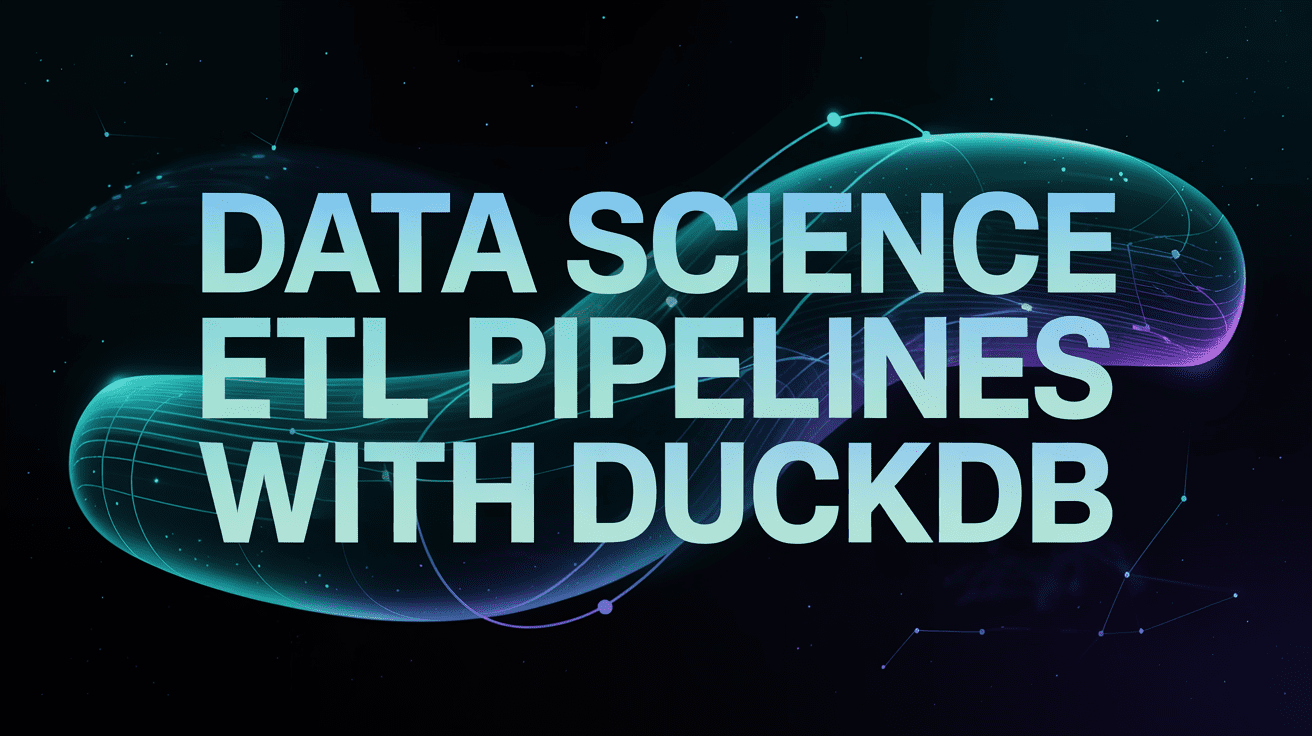








































































![[Side Project] Maroik: Modern ASP.NET Core 9.0 CMS with Full-Stack Features](https://media2.dev.to/dynamic/image/width%3D1000,height%3D500,fit%3Dcover,gravity%3Dauto,format%3Dauto/https:%2F%2Fdev-to-uploads.s3.amazonaws.com%2Fuploads%2Farticles%2F53cfnrge1bqwc7vxdicj.png)
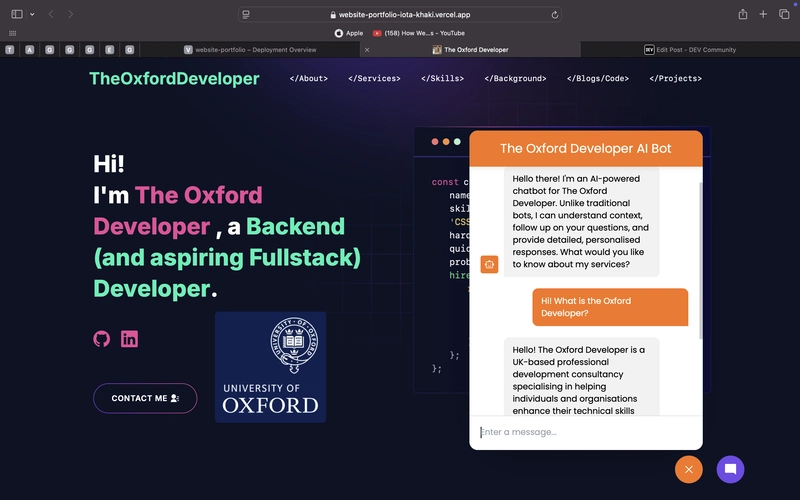











![[FREE EBOOKS] Solutions Architect’s Handbook, The Embedded Linux Security Handbook & Four More Best Selling Titles](https://www.javacodegeeks.com/wp-content/uploads/2012/12/jcg-logo.jpg)




![How to Survive in Tech When Everything's Changing w/ 21-year Veteran Dev Joe Attardi [Podcast #174]](https://cdn.hashnode.com/res/hashnode/image/upload/v1748483423794/0848ad8d-1381-474f-94ea-a196ad4723a4.png?#)





























































































































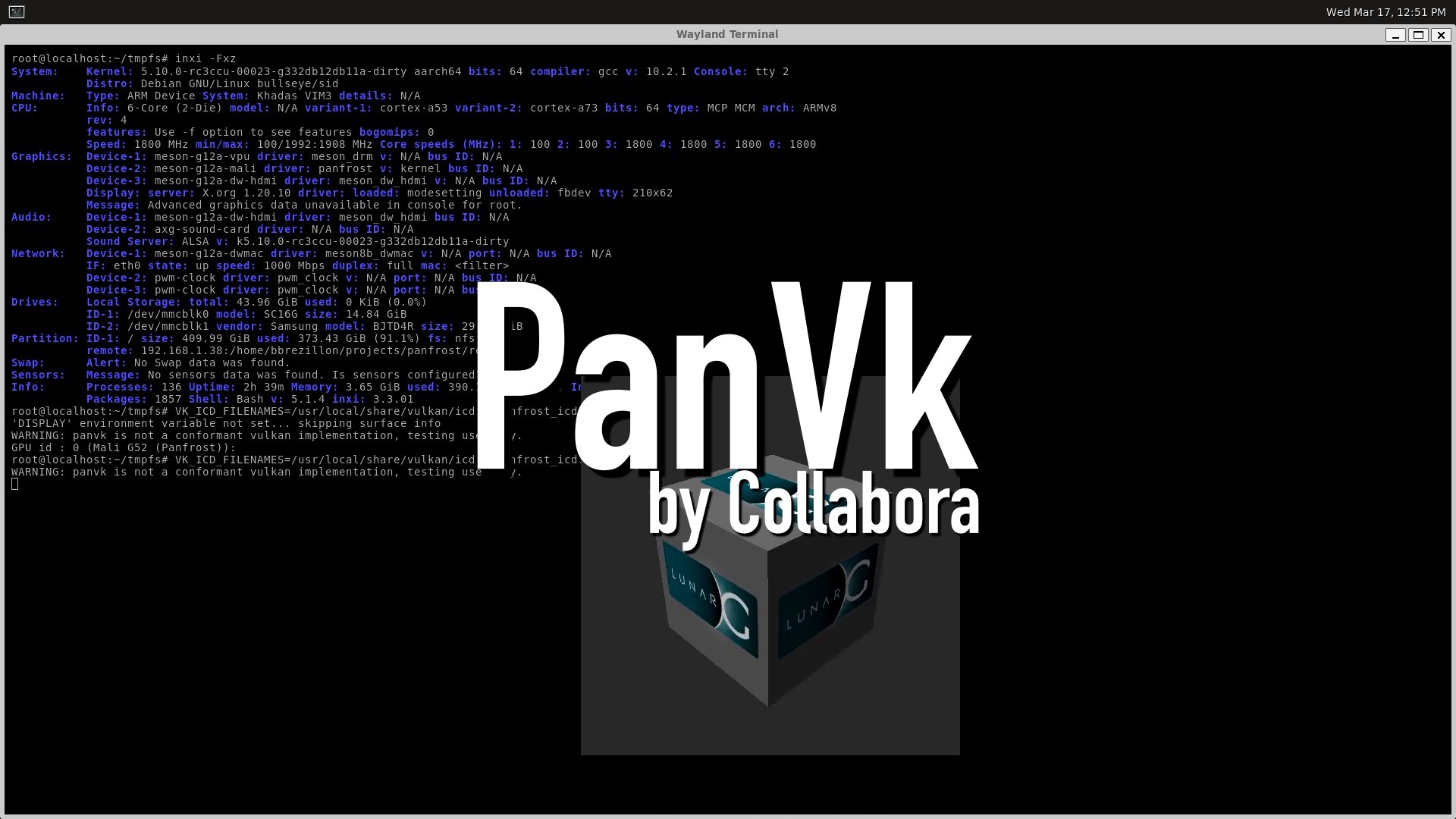








_ArtemisDiana_Alamy.jpg?width=1280&auto=webp&quality=80&disable=upscale#)



.webp?#)

















































































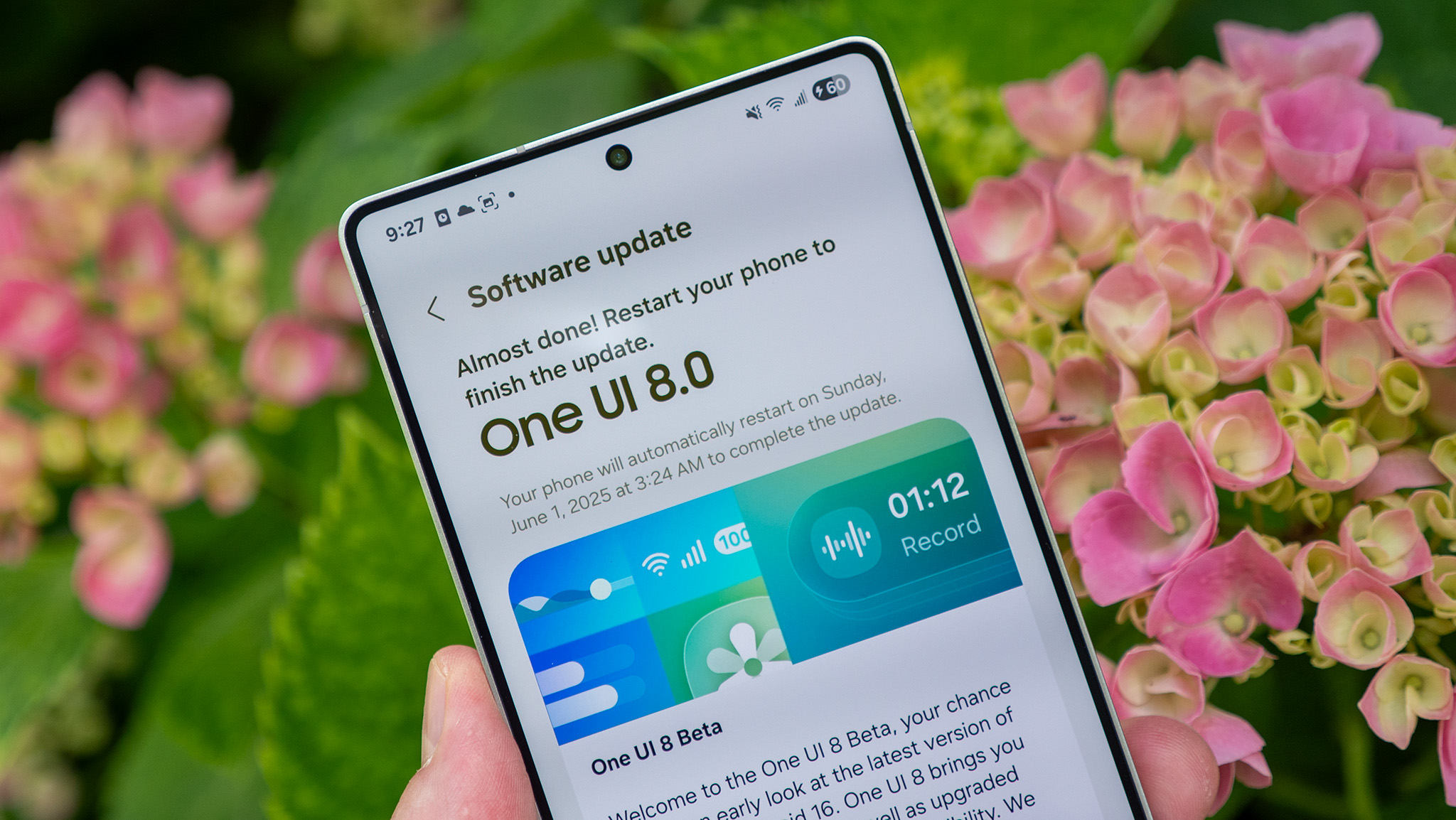

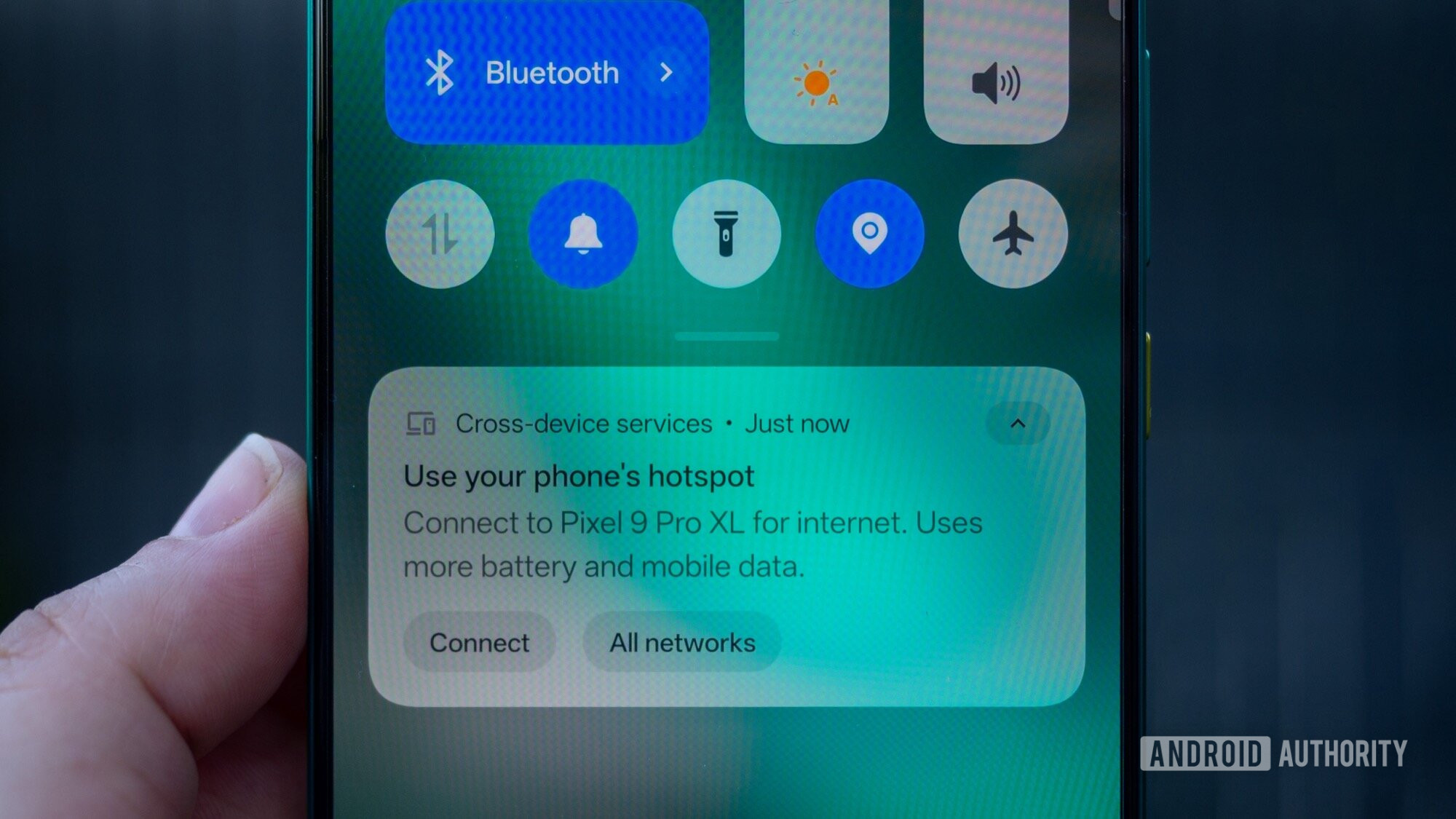






















![Apple 15-inch M4 MacBook Air On Sale for $1023.86 [Lowest Price Ever]](https://www.iclarified.com/images/news/97468/97468/97468-640.jpg)

